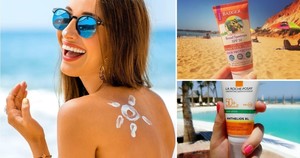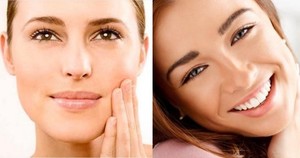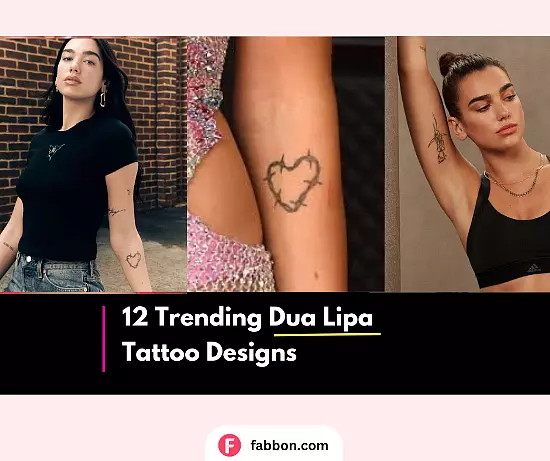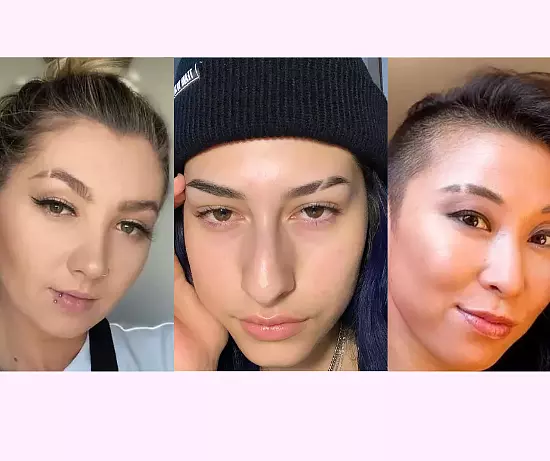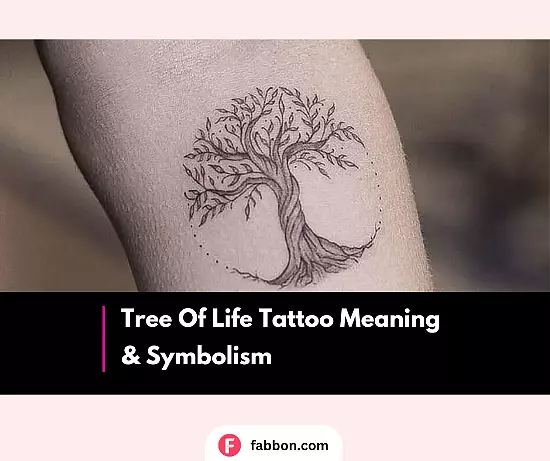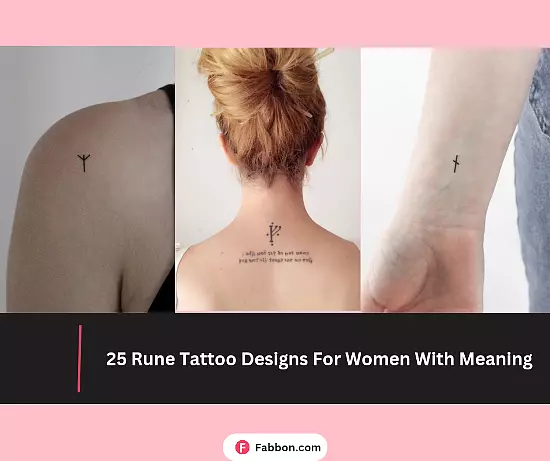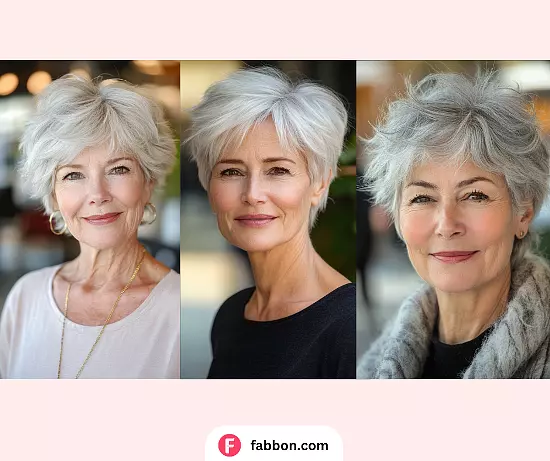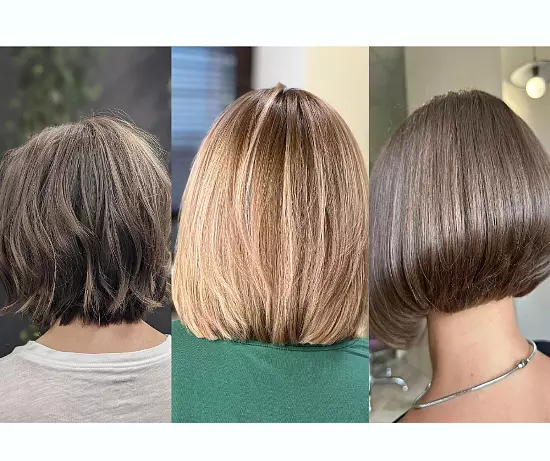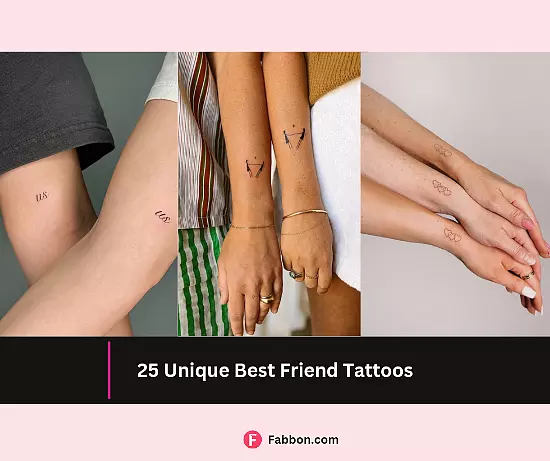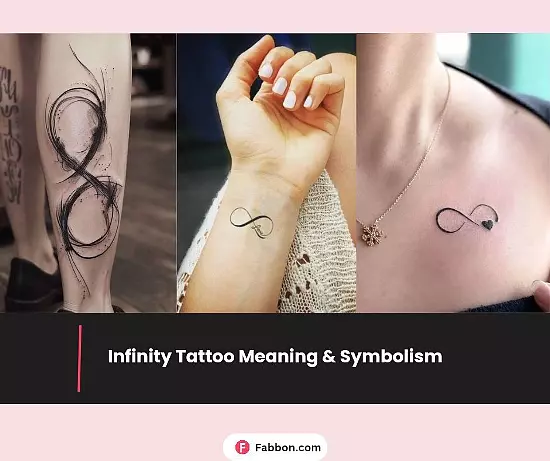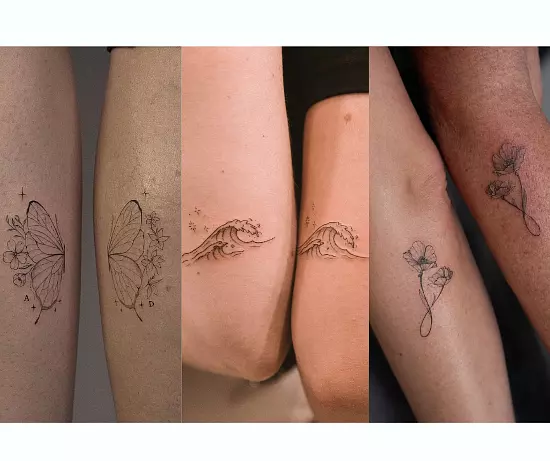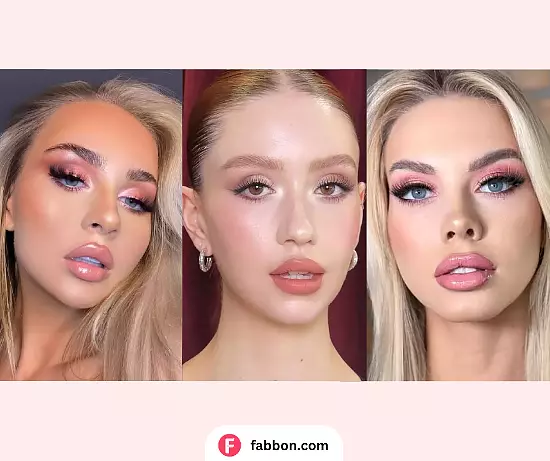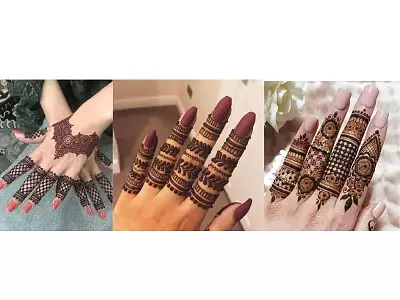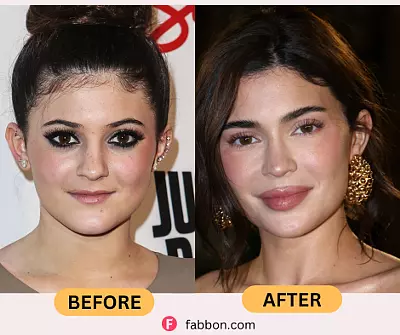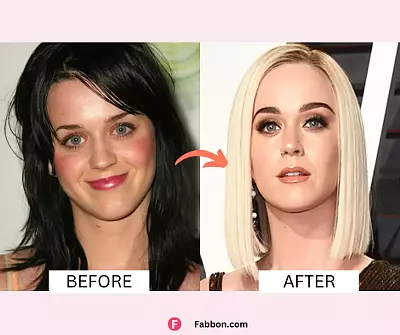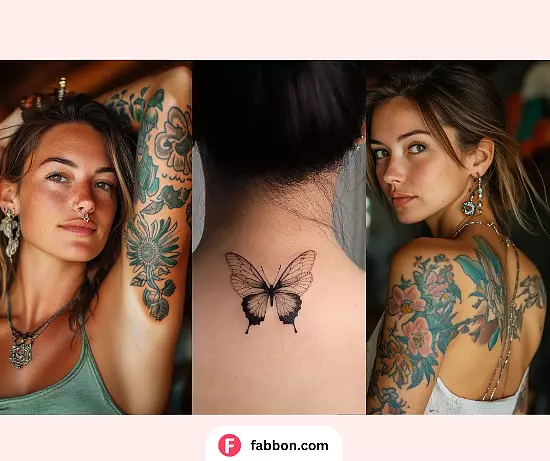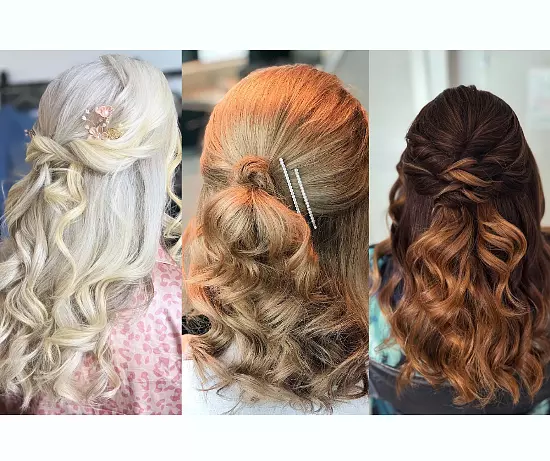Sunscreen Or Sunblock: How To Protect Your Skin From Sun
Sweta Mookerjee
Updated At 09 Dec 22
Sun protection is a must, we all know that. Especially with the deteriorating environmental conditions, it has to be made a part of your daily routine. But a lot of us seem to get confused between the various terms used, especially sunblock and sunscreen. And if we are to use these products, we ought to know the difference right? So let us help you learn the difference between the two and help you make the right decision.
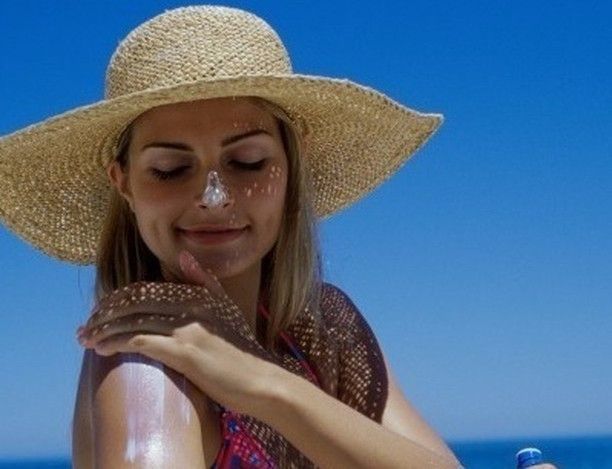
What is Sunblock?
As the word suggests, sunblock basically is a physical block between your skin and the sun’s rays.
They contain organic as well as non-organic ingredients and create a layer on your skin and act as a barrier, thus preventing the harmful UVB rays from penetrating the skin that may cause skin cancer. The ‘B’ stands for burning, hence the physical component.
Ingredients: Sunblock usually contains zinc oxide and titanium oxide. This is what makes its consistency thicker.
Consistency: Being a physical barrier, its consistency is quite thick and dense.
Pros
- Prevents sunburns, if you’re going to be under harsh sun all day you need a sunblock.
- Don’t have to keep reapplying.
Cons
- Thick consistency.
- Some products might leave a white cast.
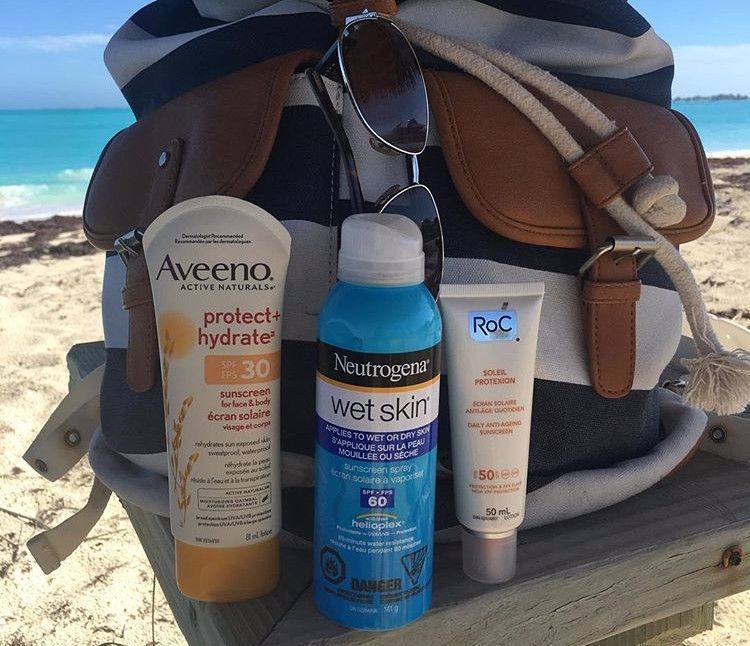
What is Sunscreen?
The more popular option of the two, sunscreen primarily protects our skin from UVA, where the ‘A’ stands from ageing.
So it works on the chemical damages and prevents long-term harms like wrinkles and premature ageing. But most sunscreens now are broad spectrum, which meals they cover both UVA and UVB, so when shopping for sunscreens look out for broad-spectrum products to keep you protected.
Ingredients: Sunscreens are characterized by their active ingredients: Avobenzene and Oxybenzene.
Consistency: That of a normal body lotion.
Pros
- Unlike sunblock, the consistency isn’t thick hence preferable for daily use.
- Usually not very greasy so it doesn’t meddle with your makeup.
Cons
- If it isn’t broad spectrum, it may not protect you from UVB.
Do note its always best to pick a paraben free sunscreen to minimize skin damage over a long term.
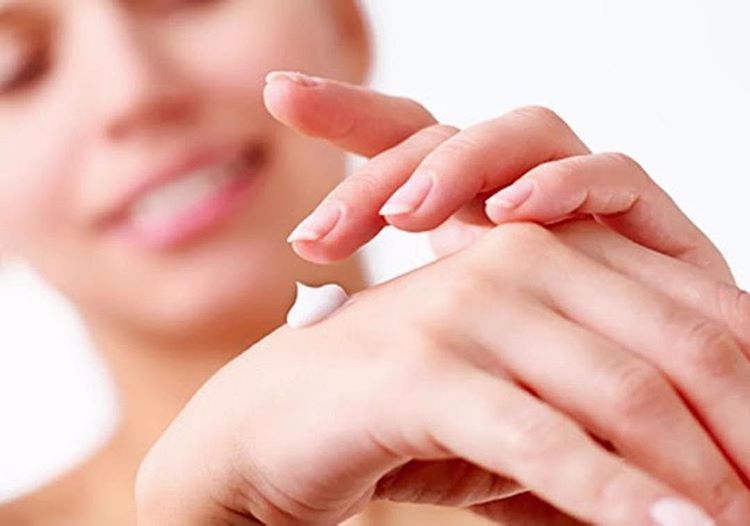
Sun Protection Factor (SPF)
Another term that you are all aware with is SPF, but do we know what that means?
SPF stands for ‘Sun Protection Factor’ and measures sunscreen protection from UVB rays of the sun.
It helps you understand how long you can stay under the sun wearing your sunscreen and be protected, and when it needs to be reapplied. For instance, if you’re using SPF 15 and your skin starts burning under the sun in 20 minutes without any protection you multiply the two numbers. So, 15×20=300 minutes of protection which is about 5 hours.
How to apply?
Thankfully, many companies nowadays make broad-spectrum products so you don’t have to find two different products. But if you want to use something specific, that is fine too.
If you’re someone who isn’t exposed to the sun as much, a UVA protectant would do just fine.
Apply the sunscreen 30 minutes before you’re leaving the house so there’s enough time for your skin to absorb it.
If you’re going swimming or are sweating profusely, carry your sunscreen and reapply it.
Sunblock on the other hand need not penetrate your skin so it can be applied right before you go out in the sun.
According to research, to cover our entire body we need a shot glass full of lotion but most of us don’t use enough.
Best products by skin type
Like any skincare product, our skin type plays a huge role in our choice of product. So here are the top products for each skin type:
Dry skin:
L’Oreal Women UV Perfect 12H UV Protector: it has SPF 50 and is great for dry skin, it also protects the skin from spots and early ageing. It also keeps the skin healthy and hydrated.
You can buy it here
Lakme Sun Expert with Spf 30: This is a great product in budget, its SPF 30 formula keeps the skin moisturized and gives it a healthy glow.
You can buy it here
Oily skin
Neutrogena Ultra Sheer Dry Touch Sunblock: This comes with SPF 50 and is one of the go to products for oily skin. It has shine and oil control properties that makes sure your skin doesn’t get oily. It is also waterproof and sweat proof.
You can buy it here
Lotus Herbals Safe Sun UV Screen Matte Gel: The matte gel comes in a great formula that leaves that skin feeling fresh and clean. It contained natural products like horse chestnut and vanilla.
You can buy it here
Combination skin
VLCC Matte Look sunscreen: It has SPF 30 and leaves a matte finish that doesn’t dry out your skin.
You can buy it here
Sebamed Sun Care Lotion: Sebamed is known for its skin products. This product comes with SPF 50, has a pH value of 5.5 and prevents premature ageing.
You can buy it here
Now that you know what to look out for while making a purchase, don’t waste time and invest in this long-term protection of your skin right away.
Years from now, your skin will be grateful and you will be glad you made the right decision early on.
Related Articles:


